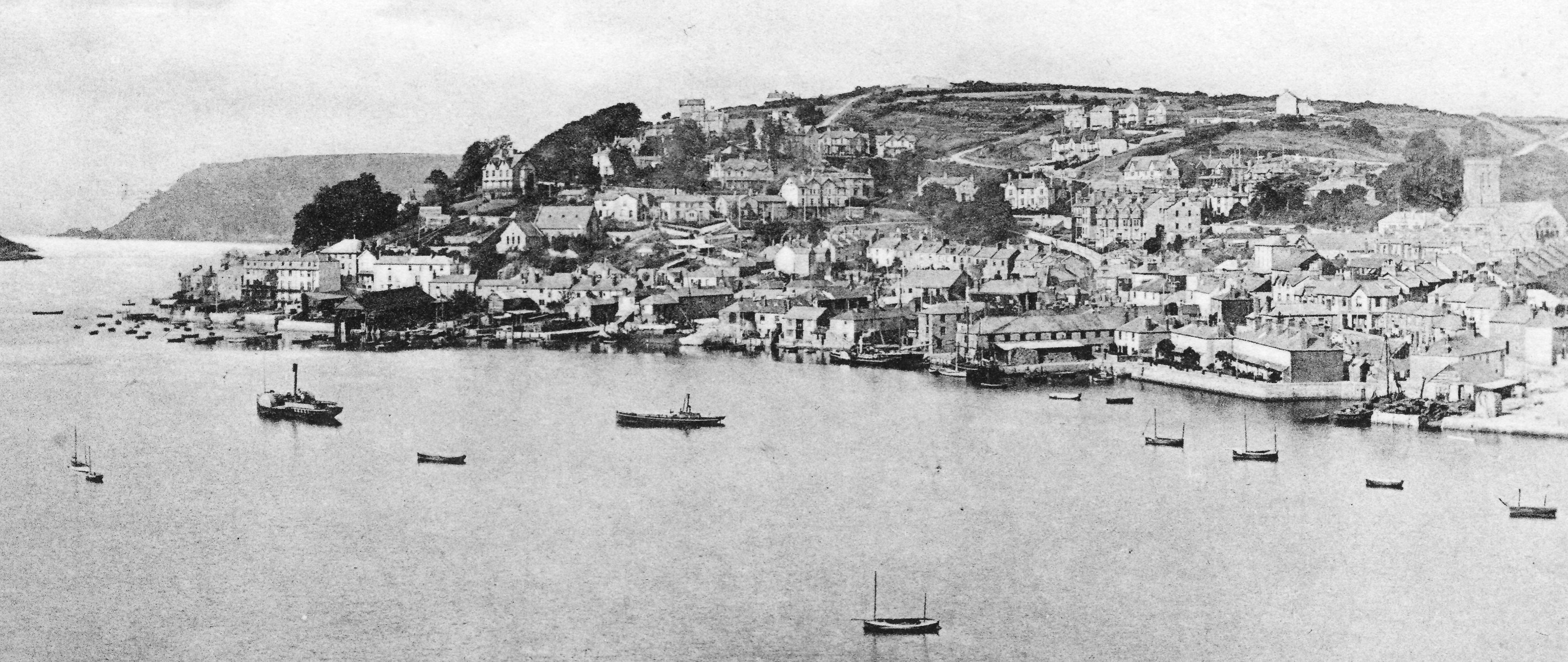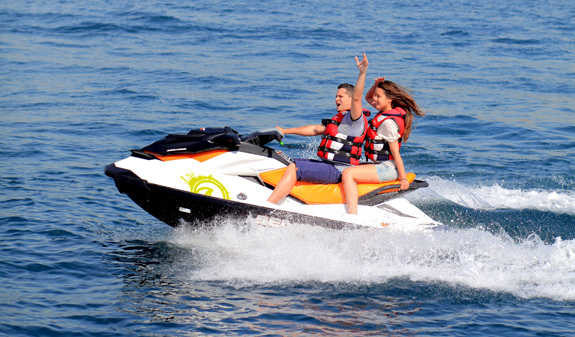The September meeting of Salcombe Harbour Board routinely covers financial performance, budget, and charges for the forthcoming year. The Harbour is not allowed to make a profit so the test of performance is how close it ends up to the forecast balanced budget: this year, as usual, it is pretty close. It follows that the charges for next year are set so as not to make a profit but be balanced yet again.
 But 2020 will see a major change in the way these charges are set. Like many other harbours, Salcombe has always based its harbour dues on the traditional standard of length – which worked well enough when most vessels were sailing boats and much the same shape. In the 21st century it makes more sense to use engine power as a main criterion, alongside length of vessel.
But 2020 will see a major change in the way these charges are set. Like many other harbours, Salcombe has always based its harbour dues on the traditional standard of length – which worked well enough when most vessels were sailing boats and much the same shape. In the 21st century it makes more sense to use engine power as a main criterion, alongside length of vessel.
This means that, from next April, annual Harbour dues will be £0.75p per horsepower and £7 per metre (doubtless, at this point, some readers will rush off to their calculators). The broad effect of this is, obviously enough, to lower the Harbour dues for sailing yachts and increase them for powerful motor boats. The charge will apply to all vessels including tenders so, equally obviously, because the Harbour’s budget is balanced, the more boats you have, the more likely it becomes that you will end up paying more or less the same as you do now.
That is not, of course, to say that there won’t be winners and losers. Jetskis, ribs with beefy outboards and sizeable  motor cruisers will face higher charges, but the increase will probably still be less than a tank of fuel. One of the surprises to me was that commercial fishing boats will be paying almost exactly the same as now.
motor cruisers will face higher charges, but the increase will probably still be less than a tank of fuel. One of the surprises to me was that commercial fishing boats will be paying almost exactly the same as now.
I am in no doubt that Salcombe is leading the way with these new harbour dues. They are of a piece with the Harbour’s policy of promoting sailing and being an eco-harbour, as well as redressing a growing imbalance between sailing and motor boats. And we should remember that, because Salcombe works to a balanced budget so does not make a profit, its Harbour dues are always likely to be below those of many harbours elsewhere.
Comments are closed, but trackbacks and pingbacks are open.